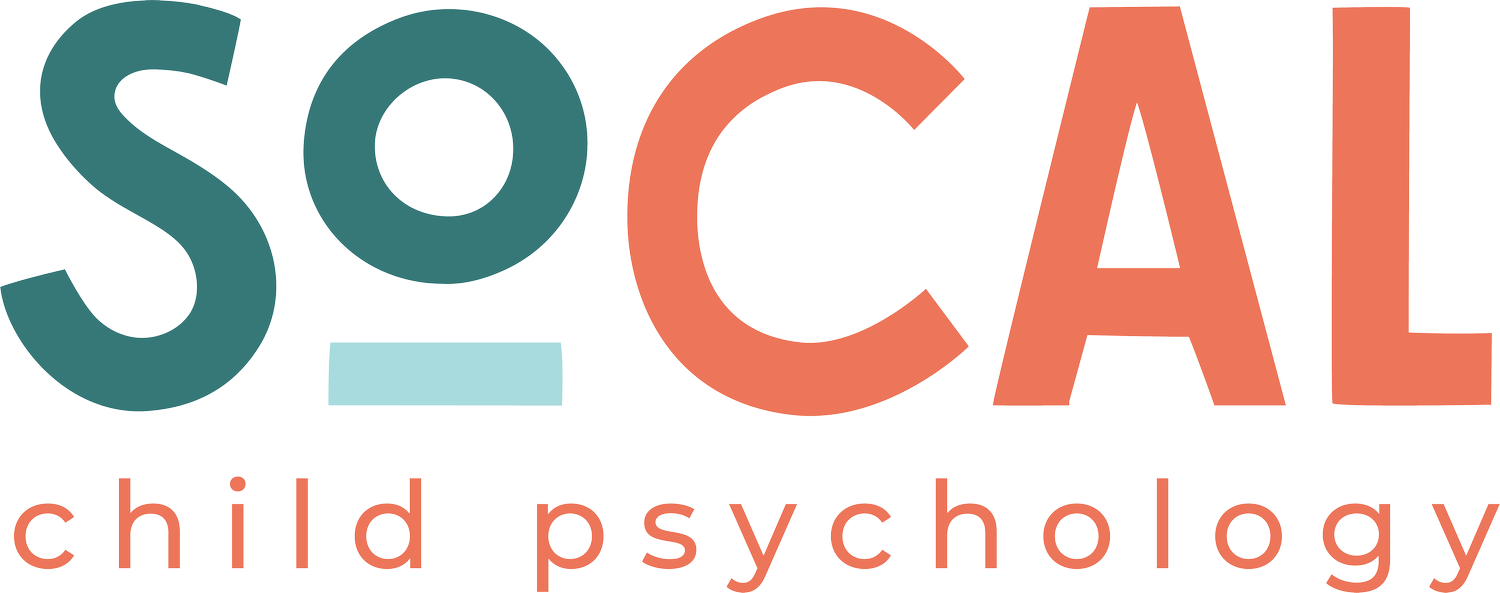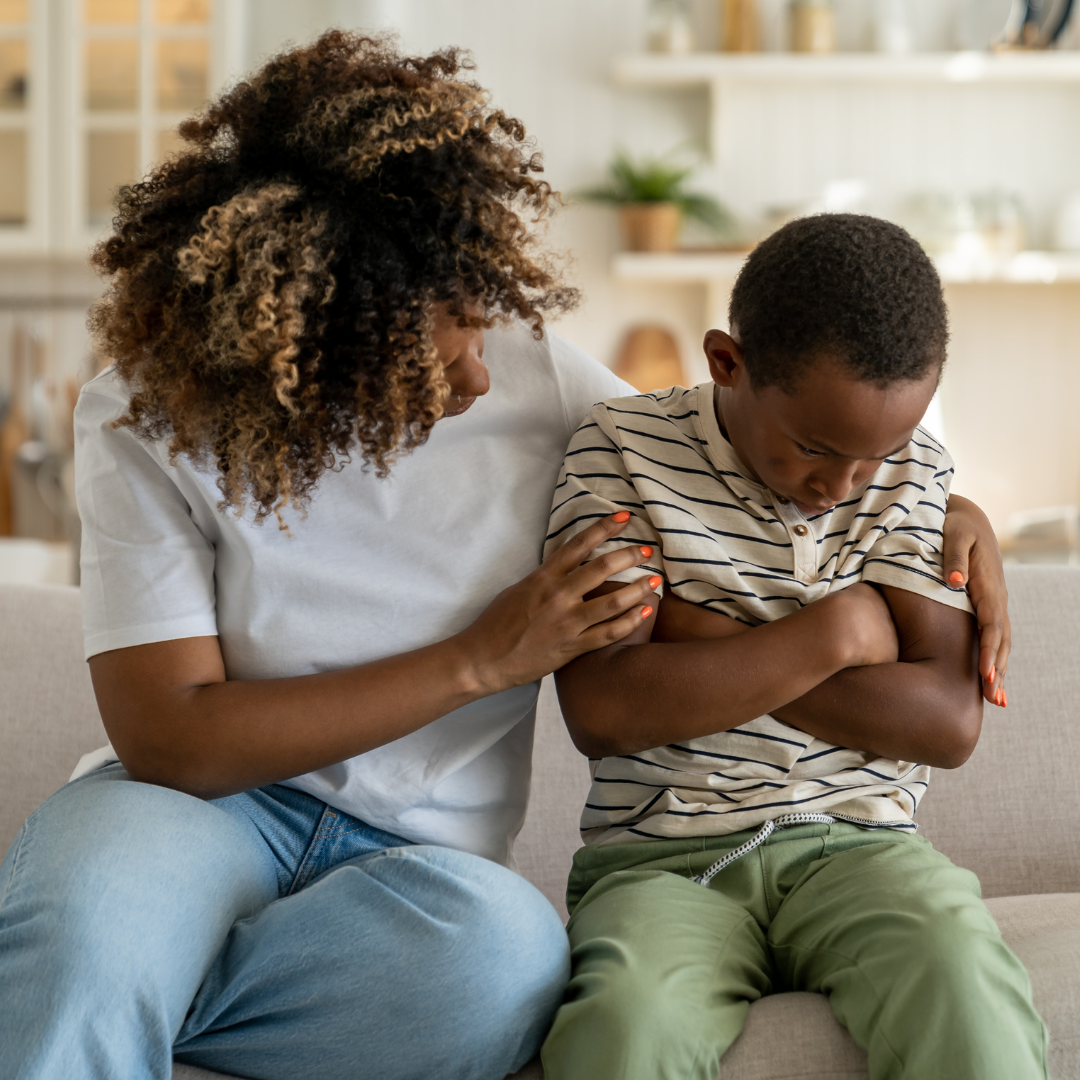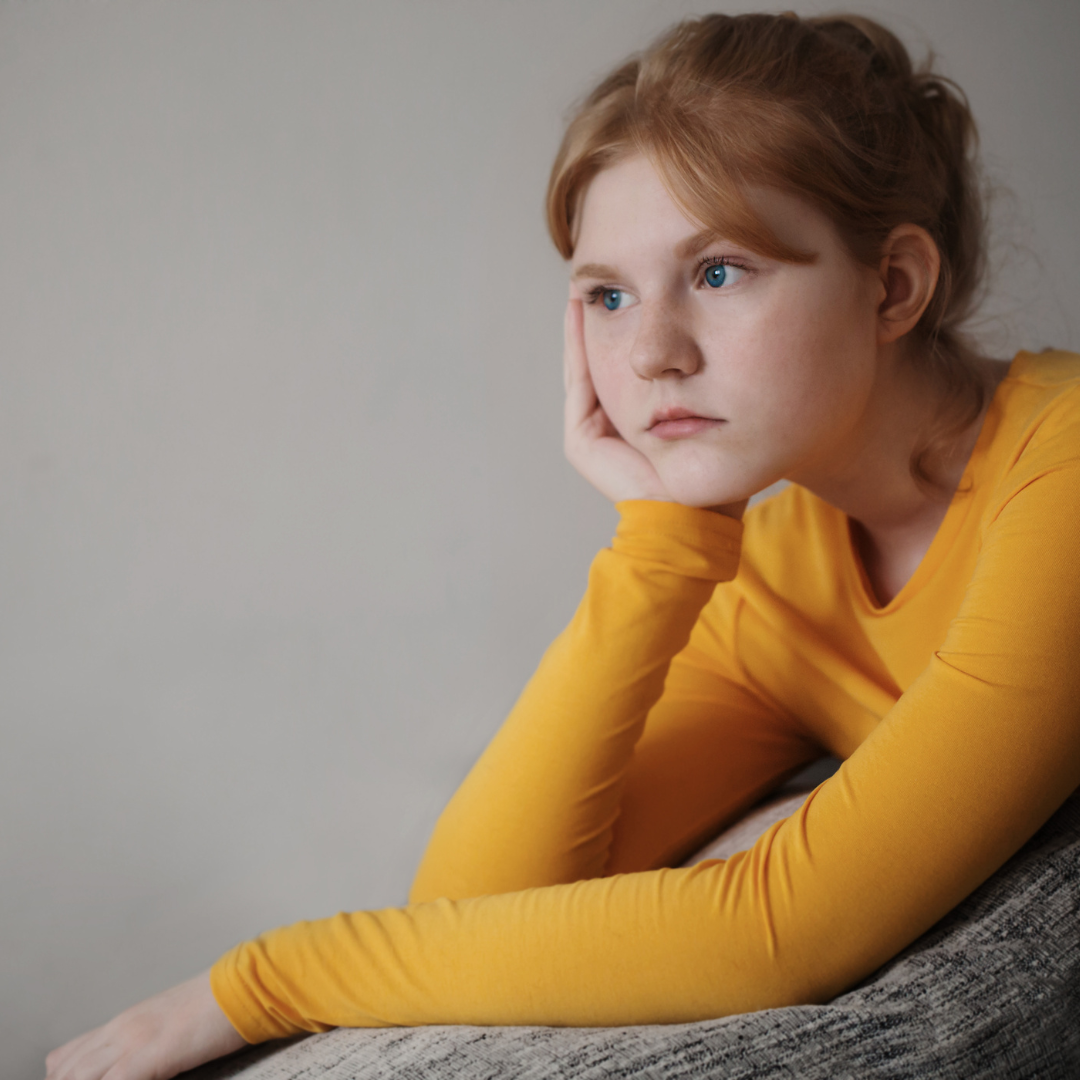
ADHD Therapy in San Diego

Is ADHD Creating Obstacles For Your Child?
Is your child struggling with the symptoms of ADHD?
Despite doing your best, are constant power struggles, emotional outbursts, and difficulties in school behavior and academic follow-through causing upheaval in your family?
As a parent, are you exhausted, overwhelmed, and unsure about the most effective way to help?
Raising kids these days has never been more challenging
But if your child or teenager has ADHD, it can feel even more overwhelming.
When you have to keep nudging them to keep things moving, getting out the door each morning may become chaotic.
Once at school, your child may have difficulty following directions, staying organized, focusing on tasks, or managing frustration when things don’t go their way.
Afternoons back home might consist of long-drawn-out battles over homework, followed by emotional outbursts over screen time or chores.
With ADHD, Managing Big Emotions Can Be Challenging
Emotionally, your child may get easily frustrated, lose their temper, or become frequently overwhelmed by their feelings

Their ADHD symptoms could be compounded by a sense of failure or the belief their behavior makes them a “bad kid.”
They may feel upset that despite wanting to excel, their brain doesn’t seem to cooperate.
Or maybe your child worries they’re disappointing you, which not only impacts their self-esteem but also affects how they make friends.
Although you are deeply invested in helping your child, perhaps you’re uncertain about how best to support them.

The good news is that Attention Deficit Hyperactivity Disorder (ADHD) can be effectively treated with therapy
By taking an active role in your child’s progress, you will learn how to improve communication and cooperation by providing more structure and predictability to family routines, while strengthening your relationship.
Though common, ADHD is still misunderstood.
ADHD affects more than one in ten children nationwide. “An estimated 7 million (11.4%) U.S. children aged 3–17 years have ever been diagnosed with ADHD, according to a national survey of parents using data from 2022.”
Despite how prevalent it is, there’s still a lot of misunderstanding about ADHD and how variable its symptoms can be.
For example, while it’s common for younger children to demonstrate impulsivity, fidgeting, and chaotic energy, teens are more likely to struggle with executive functioning and keeping up with homework despite being intelligent and high-achieving.
Oftentimes, the subtler, more internalized ways ADHD shows up in girls make it harder to detect, delaying its diagnosis.
Societal Norms And Expectations Exacerbate Feelings of Shame
Because our children are rewarded for being compliant, organized, and attentive at school, living with ADHD can exacerbate their feelings of inadequacy.
What’s more, the constant stimulation and impulsivity inherent in social media and other online platforms can further shorten their attention spans, making activities with less stimulation even harder to execute.
At SoCal Child Psychology, we recognize the lack of accessible support for ADHD and provide comprehensive therapy as a resource for your family.
Counseling can help you develop the tools to navigate Attention Deficit Hyperactivity Disorder more capably, ensuring you’re equipping your child with the tools to thrive.
ADHD Therapy Offers Education And Guidance
Real Support for ADHD Families
If you’re like most parents, you’ve probably heard it all and tried it all.
Perhaps you’ve been given unhelpful advice, like “Your kid just needs more discipline,” or “They’ll eventually grow out of it.”
Maybe you’ve tried strategies to keep your child organized, like sticker charts or establishing routines, that haven’t been effective.
A Calmer Home
In ADHD therapy, we focus on what you and your child want most—calmer interactions, deeper connection, fewer power struggles, and tools that actually work for your family.
We start by providing you with thorough psychoeducation about ADHD, explaining why establishing routines, setting boundaries, and fostering connection are more challenging. By setting clear goals that reflect their specific needs and your family’s values, we aim to achieve results that benefit everyone involved.

What To Expect in Sessions
We start by understanding how ADHD shows up for your child and how it affects their relationships, school life, and self-esteem. Together, we create specific long-term goals, such as fewer homework battles, smoother transitions, and more confidence in social situations. If you’re interested in getting a formal diagnosis for your child, we also offer in-house evaluations for ADHD.
Because children and teens are our specialty, your therapist will ensure ADHD counseling is tailored to your child’s age and interests.
We incorporate games into our sessions that are not only fun but will also teach your child applicable skills. We also provide fidget toys and build short movement breaks into sessions so kids remain attentive and engaged.
Ongoing parent involvement is key for supporting your child at home and school.
After all, we only have them once a week and rely on parents to reinforce consistency. While parent participation will depend on your child’s age, it’s always an important piece of the puzzle. We also work directly with kids to practice emotional regulation, problem-solving, and executive functioning skills, such as planning, breaking tasks into steps, and keeping track of homework assignments.
ADHD Therapy Will Be Informative, Encouraging, And Solutions-Focused
For therapy to succeed, you must understand what causes emotional outbursts and challenges with follow-through, transitions, and concentration.
Instead of triggering more resistance, your therapist will teach you and your child to communicate in ways that calm their nervous system.
When you and your child can fully understand their emotions, the meltdowns become less frequent.
We’ll also help you set clearer expectations so your child isn’t constantly overwhelmed or confused about what’s expected of them.
For younger children, we utilize parent-focused behavior therapy.
Working with your child, you’ll learn how to set expectations that stick, use effective and fair consequences, develop a sustainable structure for them, and support their growth without shame or endless reminders.
By providing tangible strategies for families, Parent Training in Behavior Management is considered the gold standard treatment for children with ADHD.
Even if you feel overwhelmed, exhausted, and like nothing is working right now, ADHD therapy offers hope.

Imagine calm mornings that don’t start with yelling and homework sessions that don’t become a battle of wills.
Once you perfect what you learn in sessions, you can trade in meltdowns for more cooperation, better communication, and a stronger relationship with your child.

But Maybe You’re Not Sure If ADHD Therapy Is Right For Your Child…
-
While medication can be helpful for many kids with ADHD, it’s not the only path to improvement.
In fact, research shows that parent behavior therapy is a key part of effective treatment for ADHD kids and teens [1].
That said, medication can sometimes give kids the boost they need to better use the skills we’re teaching them.
Your ADHD therapist is happy to work alongside the appropriate care provider who can prescribe medication to ensure you have access to every available tool.
-
We witness the most significant changes with our clients when parents are actively involved in the process, guiding their child’s daily environment and structure while providing nurturing, emotional support.
Although your role in ADHD therapy for your child is important, we don’t expect you to have all the answers or do everything perfectly.
Just like your child will be learning ways to cope more effectively with ADHD, so will you.
ADHD doesn’t improve with traditional discipline strategies or generic parenting advice—we’ll give you the right tools that work most effectively.
-
Raising a child with ADHD is challenging.
You’ve most likely read lots of books, searched the internet for helpful resources, and listened to the advice of well-meaning friends and family with no meaningful change.
It's easy to feel stuck. ADHD therapy at SoCal Child Psychology is different because our therapists are highly trained and use evidence-based strategies targeted to treat ADHD.
Change may not happen overnight, but with consistency, support, and the right approach, we see great results.
ADHD Doesn’t Have To Be The Setback You Think It Is
With more education and support, your child can thrive.
To find out more about in-person or online ADHD therapy for children and teens with us, please visit our contact page.









